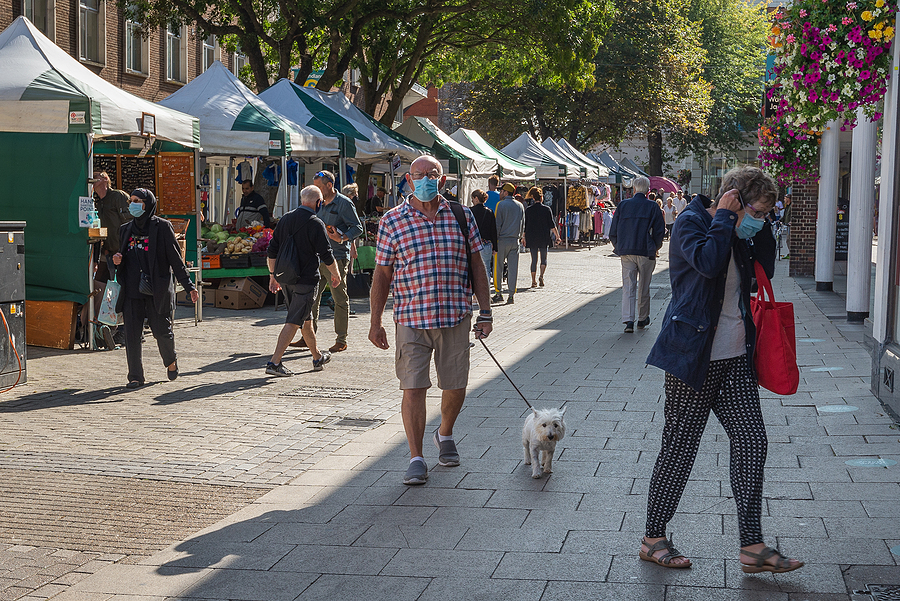COVID-19 Vaccination
The COVID-19 vaccine is given via 1 booster dose, assuming the initial 2 dose course has been completed. Immunity starts to take effect up to 10 days following the immunisation and has maximum immunity for approximately 3 months before dropping off.
When to get vaccinated
Arrange for your vaccination to be completed at least 10 days prior to travel.
How it is given
The vaccine is usually injected into the upper arm muscle.
Children
The vaccine is suitable for children aged 6 months and over.
Risks if you contract COVID-19
There are many symptoms of COVID-19 including fever, cough, breathlessness, tiredness, aches, headache, nausea and diarrhoea. More severe COVID-19 cases can result in breathing issues, pneumonia, organ failure, long COVID or can be fatal.
Course
Adults have one booster vaccine.
Side effects
Mild side effects may last up to a week and can include a sore injection site, headache, aches or tiredness. Severe reactions are rare.
Additional precautions
Alongside immunisation, wearing a face mask in busy areas and practising good hand hygiene is advised.
Before the appointment
Check the vaccine ingredients for potential allergies and that you don’t have a high fever on the day of the immunisation. It can also be administered at the same time as the flu vaccine.
What is COVID-19?
COVID-19 is caused by the SARS-CoV-2 virus and is a contagious respiratory illness. Its symptoms range from mild respiratory issues to severe illness, including pneumonia and long COVID. Transmission occurs mainly through respiratory droplets, making crowded and poorly ventilated places a risk.
More than 760 million COVID cases and 6.9 million deaths have been recorded globally, and these figures are thought to be even higher (source: World Health Organisation 2023).
Certain locations pose heightened risks of COVID-19, especially where vaccination rates are low, healthcare is inadequate, or variant strains are in circulation. Areas with political instability, economic challenges, natural disasters, or war zones can lead to a higher risk of contracting the virus. Popular tourist destinations with busy areas, such as markets, public transport, and nightlife spots, can also increase exposure to the virus.

In the UK, the COVID-19 endemic has been managed through widespread vaccination campaigns, public health measures, and ongoing monitoring. The UK has achieved high vaccination rates, which have significantly reduced severe cases and hospitalisations.
It is advised for travellers to stay informed about local regulations and health advisories to minimise their risk of exposure while travelling. Certain countries may require proof of vaccination before entry, such as when travelling for Hajj and Umrah.
If you are in a vulnerable high-risk group, it is advised to get vaccinated. This includes being aged over 65, being pregnant, having certain health conditions, or undergoing treatments that weaken the immune system. Having the vaccine doesn’t prevent catching COVID-19 but helps to minimise symptoms.
